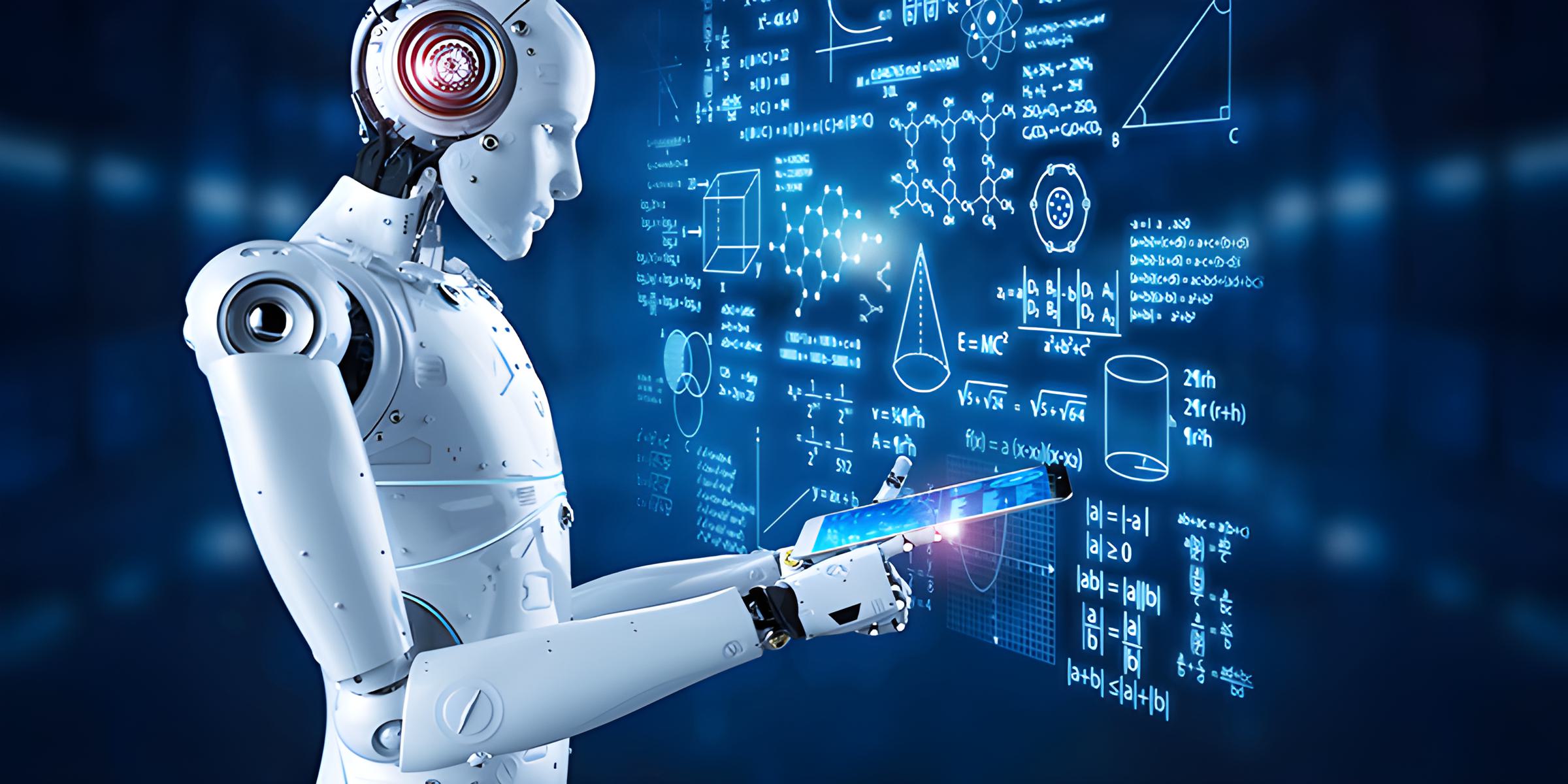Introduction: Why Artificial Intelligence Is Transforming the World
We’re living in the age of intelligence — not just human intelligence, but machine intelligence. Artificial Intelligence (AI) has rapidly evolved from a niche scientific concept into one of the most powerful forces reshaping industries, economies, and careers. From self-driving cars and medical diagnostics to voice assistants and recommendation engines, AI is everywhere.
Businesses across the globe are racing to integrate AI into their operations, and governments are investing billions to support AI research, development, and education. For anyone seeking a high-growth, future-ready career, learning AI is no longer optional — it’s essential.

💡 What Exactly Is Artificial Intelligence?
AI is the science of creating systems that can perform tasks that normally require human intelligence. This includes activities like:
- Understanding language (Natural Language Processing)
- Recognizing images (Computer Vision)
- Learning from data (Machine Learning)
- Making predictions (Predictive Analytics)
- Making decisions and solving problems
An AI course blends mathematics, programming, statistics, and domain knowledge to build this kind of intelligence in machines.
🚀 Why Take an AI Course?
Here are the top reasons AI education is one of the best career investments today:
- Explosive demand – AI talent is in short supply, and companies are offering premium salaries.
- High salaries – AI engineers, data scientists, and ML researchers often earn 2–3× the average tech salary.
- Wide applications – AI is used in finance, healthcare, e-commerce, cybersecurity, education, agriculture, and more.
- Future-proof skills – AI is shaping the next decade of innovation.
- Global relevance – AI skills are recognized worldwide, allowing for international opportunities.
📘 Types of AI Courses
AI courses are offered at different levels, depending on your current skills and career goals. Here’s a quick comparison:
Table 1: Types of AI Courses
| Course Type | Duration | Entry Level | Key Focus | Ideal For |
|---|---|---|---|---|
| Introductory Online Course | 2–8 weeks | Beginner (no coding) | Basics of AI, tools, applications | Non-tech learners, students |
| Professional Certification | 3–6 months | Beginner to Intermediate | AI, ML, Python, data handling, projects | Job-seekers, career changers |
| Postgraduate Diploma | 9–12 months | Intermediate (CS/math) | Deep learning, AI architecture, cloud AI | Tech professionals |
| Master’s Degree in AI | 1–2 years | Advanced (Bachelor’s) | Advanced ML, research, deployment | Aspiring AI researchers, engineers |
| AI Bootcamp | 4–12 weeks | Beginner to intermediate | Hands-on coding, portfolio projects | Fast-track learners |
🧠 Core Topics You’ll Learn in an AI Course
Most quality AI courses cover these crucial skills:
- Programming: Python, R, Java
- Mathematics: Linear Algebra, Probability, Statistics, Calculus
- Machine Learning: supervised, unsupervised, and reinforcement learning
- Deep Learning: Neural Networks, Convolutional Neural Networks, Recurrent Neural Networks
- Data Handling: cleaning, processing, visualization
- AI Tools & Frameworks: TensorFlow, PyTorch, Scikit-learn, Keras
- Ethics in AI: fairness, bias, transparency, responsible AI
🧭 How to Choose the Right AI Course
Here’s a simple roadmap to selecting your ideal AI course:
- Assess your background – Are you a beginner or do you already know programming and math?
- Set your career goals – Want to be a developer, researcher, or AI strategist?
- Decide on duration and format – Full-time degree, part-time bootcamp, or flexible online course?
- Check the curriculum – Ensure it includes practical projects and not just theory.
- Review instructors & alumni – Industry experts and success stories matter.
- Check support – Career guidance, mentorship, and placement assistance can be valuable.
- Compare costs and ROI – Expensive isn’t always better. Look for value.
💼 Careers After Completing an AI Course
AI education opens doors to a variety of cutting-edge job roles. Here are some of the most in-demand:
Table 2: AI Career Roles and Salaries
| Job Role | Average Salary (US) | Key Skills |
|---|---|---|
| AI Engineer | $120,000–$160,000 | Python, ML, DL, cloud AI |
| Machine Learning Engineer | $110,000–$150,000 | ML algorithms, data pipelines |
| Data Scientist | $100,000–$140,000 | Statistics, ML, Python, big data |
| NLP Engineer | $105,000–$145,000 | NLP, linguistics, transformers |
| Computer Vision Engineer | $110,000–$150,000 | CNNs, image recognition, OpenCV |
| AI Research Scientist | $130,000–$180,000 | AI theory, modeling, publications |
💡 Note: Salaries vary by region, experience, and company.
📈 The Future of AI Education
The AI field is evolving rapidly. Some trends shaping AI courses in the next few years:
- Project-based learning – Employers want skills, not just certificates.
- AI + domain courses – AI for healthcare, AI for finance, AI for marketing, etc.
- Micro-credentials – Short, focused skill certifications from platforms like Coursera and edX.
- Generative AI focus – Building and fine-tuning models like ChatGPT and Midjourney.
- Responsible AI – Courses emphasizing ethics, safety, and regulation.












